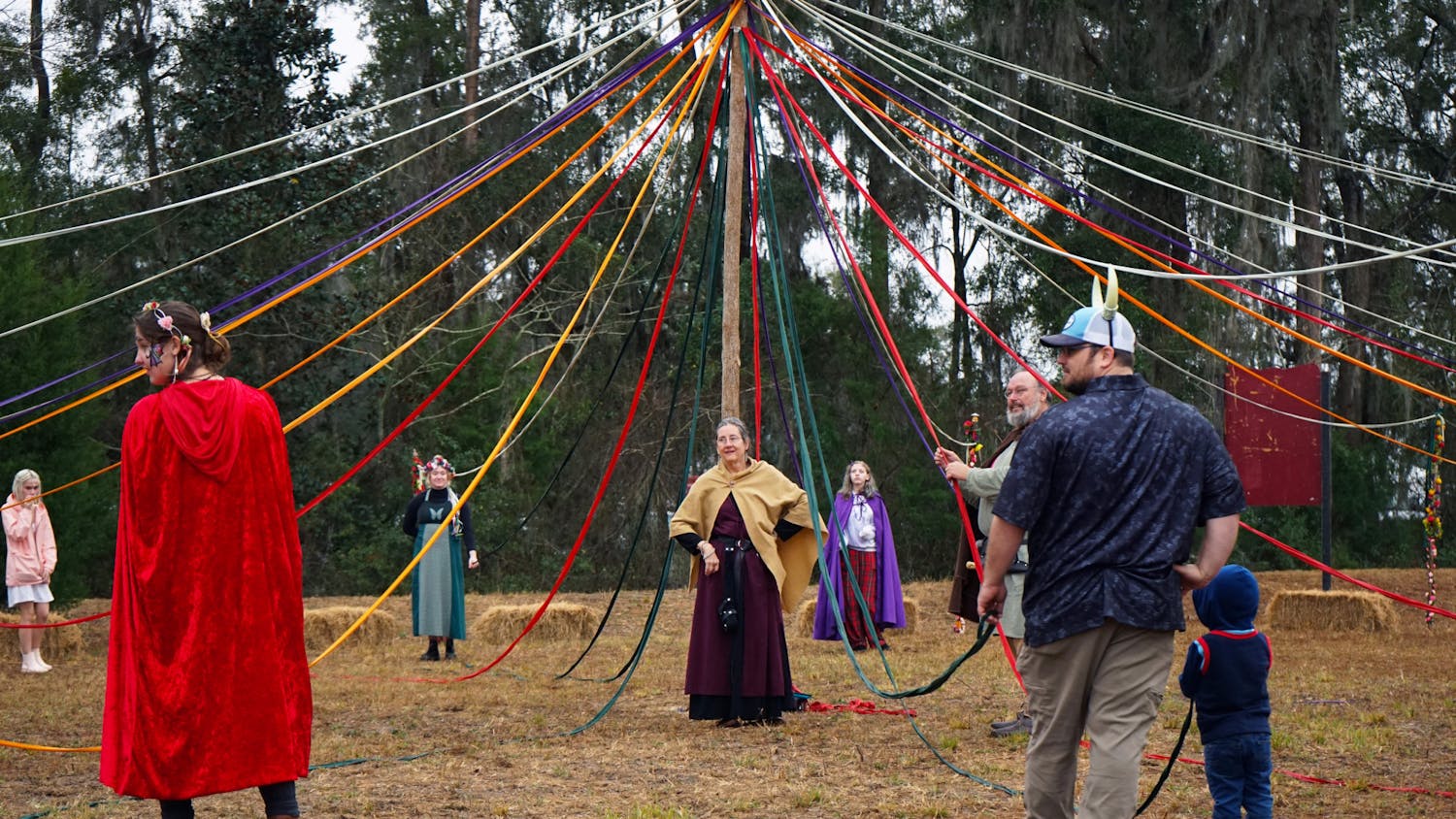History is full of influential thinkers, philosophers and stoics. These men pondered life’s existence, wondered what feats mankind could endure and grasped the abstract. They were experts in their fields and interested in the world around them: They were “Renaissance men.” Thomas Jefferson, our third president and author of the Declaration of Independence, took that term to its rightful extreme. He was an inventor, philosopher, writer and politician. He was truly a man of thought with an impressive intellect.
It’s interesting to consider how insightful all these men were, given their places in time. With relatively limited resources at their disposal, they were able to conjure philosophies that challenged the status quo back then and continue to challenge our societal norms today.
Fast forward to the present, and there is a complete lack of this Renaissance mentality.
This is strange because we have more resources and information at our disposal than ever before in the history of the world.
Any one of us could go online and read the works of Friedrich Nietzsche while listening to a play written by Gore Vidal. But none of us actually have a desire to do this, despite having the resources at our fingertips. Have we become jaded by all this knowledge, or are we just simply uninterested in it?
If we look at the world around us, it’s safe to say we are generally uninterested.
The Internet, which allows us to access powerful resources, is primarily used for stocking pictures of friends and uploading cat videos. Though debates are often fought in comment sections or over Twitter, public discourse is not being advanced through these forums.
The world seems to have lost great minds who enjoyed admitting their lack of knowledge while keenly bolstering their intellect by becoming more aware of their surroundings. We have lost those minds that challenge the status quo and authority. Our society is placated by the moment and content with what we have.
Despite the impressive pace of emerging technologies and modern medicine, we arguably live in a — for lack of a better word — dumbed-down society. The productive public discourse on our television news stations is nonexistent.
The movies garnering the most box-office attention are Michael Bay films that overwhelm the audience with special effects and are devoid of a well-constructed plot line.
The politicians we elected to solve the gripping problems that plague our nation seem to be ironically and woefully ignorant of the issues they are supposed to fix. And we must be reminded to not put plastic bags over our heads.
It’s dismaying to see such group complacency in our ever-expanding world.
Even students on college campuses, the traditional birthplace of intellectual movements and youthful rebellion, are so uninterested in challenging norms.
The type of thought that invited tenets to be questioned and beliefs to be dispelled seems lost for the moment. In a world full of unanswered questions and monumental problems yet to be solved, our lack of interest in these conundrums only empowers the wrong people with the wrong solutions to solve them. Look at the nation’s capital, and you get my drift.
Just like the Renaissance men of the past, we must be attentive to the diverse thoughts and opinions around us in order to better mankind.
As the literary innovator Henry Miller once said, “To live means to be aware, joyously, drunkenly, serenely, divinely aware” — emphasis on the “aware.”
[Michael Beato is a UF economics sophomore. His columns appear on Wednesdays. A version of this column ran on page 7 on 4/16/2014 under the headline "Our society needs modern, intelligent Renaissance thinkers"]





